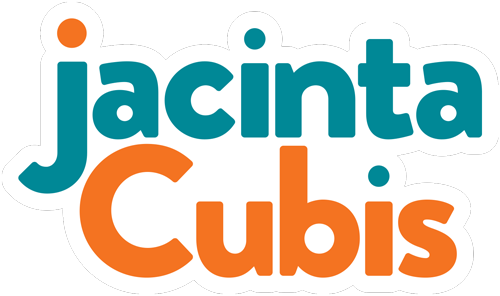Revenue, retention and other rewards of engagement
If you’ve:
✔ Done a survey after a phone call with a bank
✔ Attended a public meeting hosted by your local Council about the park, a road, a new building
✔ Participated in a workshop about wellbeing at your work
✔ Gone to a free concert at your local school or library
✔ Volunteered in community programs at your university
you’ve been ‘engaged’ by an organisation.
Engagement is an all-encompassing word for a lot of different experiences. For customers, staff, stakeholders, communities, consumers and partners.
It’s a key pillar in most organisations’ strategic plans, reported on regularly to boards and its outcomes are documented in annual reports. It’s embedded.
But that doesn’t stop the inevitable pushback that engagement practitioners hear from their leaders and colleagues. Things like:
It’ll take how long?!
It costs that much?
We already know what they’ll say, why bother?
It’s not worth it.
I thought it was worth a reminder that engagement is good for business, no matter what business we’re in.
Engaged customers will tell you what’s working, what could be better and can even tell you how to improve it. More than 100 of the 90,000 ideas that Starbucks got from its customers were implemented, helping it reverse a 30% revenue decline during the Global Financial Crisis.
Engaged staff like coming to work, are motivated to contribute, will stay longer and might tell their friends what a great place their organisation is to work. Nobody recruits talent better than the motivated people who already work there, as the COO of a design consultancy told me last week.
Engaged students are more likely to rate their university experience highly, and this is marketing gold in the competition for domestic and international students. That’s why Victoria University put out a media release in March this year that it had jumped two places to be ranked the third-highest for Learner Engagement in the country.
Engaged stakeholders will pick up the phone to call you before they go to the government, a regulator or the media. Priceless. Like the member of a working group I chaired when I was in government who called to tell me that their peak body was backgrounding the media on our confidential meetings.
Engaged communities have local knowledge that can solve problems that technical experts are grappling with. Like the time I saw community members show traffic engineers how to make a main road safer with changes to intersections. It took them 20 minutes with the same maps and tools that the engineers had been using for a few weeks.
Engaged health consumers bring their lived experience to research projects and health services, resulting in better health outcomes. Families of people with posttraumatic stress disorder turning our well-intentioned content inside out, making it real and meaningful.
I wrote this for the engagement practitioners I work with every day. They bring the voice of their customers, clients, students, consumers, community and stakeholders closer to the heart of their organisation. Those voices shape vital programs and services, in government, health, engineering, family services, education and design. Some are profitable, all are purposeful.
Over to you. Next time you get pushback on investing in engagement, try completing this sentence:
Engaged (who) will tell us / show us / give us / help us.......... Insert story to illustrate.
If you’ve got one now, please share by commenting below or email me. I’d LOVE to hear!
What's On
Masterclass: Design workshops that deliver
Just two spots left!
20 July - 10 August 2021
Each session will run on a Tuesday from 12 - 1:15pm
**Book by 30 June and get a special price of $935 (ex GST)
Hey, if you can’t plan a workshop for a group, how can you engage a whole community?
Details and to book


